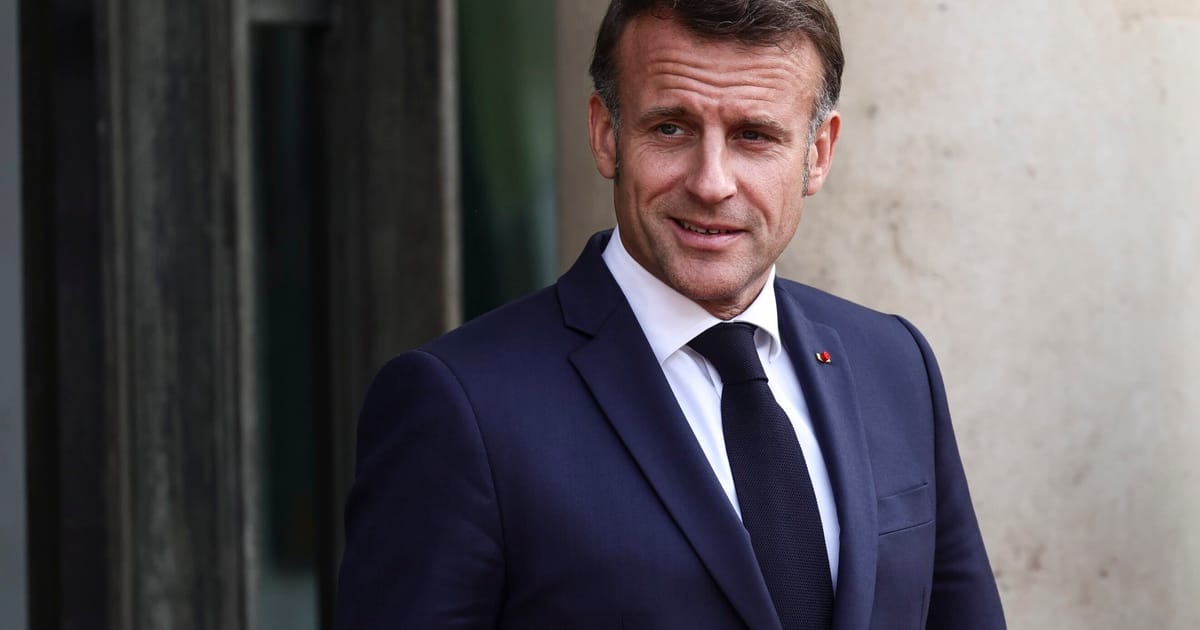

In a world where diplomacy takes center stage, a series of significant discussions are unfolding across Europe, paving paths for change and potential resolution. With an emphasis on open dialogue and multilateralism, various countries are engaging in negotiations that promise to redefine political landscapes in Europe and beyond.
Starting in France, President Emmanuel Macron recently lauded the efforts of Prime Minister François Bayrou, underscoring the ‘courage’ and ‘audacity’ required in the development of the ambitious budget plan. Despite mixed reactions from the broader political spectrum, Macron’s endorsement highlights a commitment to economic reforms aimed at revitalizing the French economy. This initiative reflects France’s determination to navigate economic challenges with innovative solutions, fostering optimism about future fiscal stability.
Meanwhile, in Brussels, the Brexit reset talks have been invigorated as negotiators from the European Union outline their strategies concerning major policy areas. This comes as the first significant step forward since the last summit, signaling a willingness from both the UK and EU to address outstanding issues and forge a path towards a mutually beneficial relationship. The careful pacing of these talks aims to create an atmosphere where progress is thoughtful and inclusive, catering to the diverse needs of all member states involved.
Further south, historical complexities are being confronted as France signals its openness to dialogue with Niger about reparations for colonial-era massacres. While France has yet to formally acknowledge responsibility, the willingness to engage in discussions marks a shift towards reconciliation and historical examination. This dialogue presents an opportunity for France to build a foundation for further cooperation, emphasizing a future where historical grievances are addressed through understanding and mutual respect.
Additionally, in a bid for peace and reconciliation, Ukraine voices its preparedness for peace talks amidst ongoing tensions. As European leaders contemplate further sanctions against Russia, Ukraine’s call for dialogue emphasizes the importance of resolving conflicts through negotiation rather than further escalation. This dialogic approach is supported by the European Commission’s active engagement with the US, strengthening transatlantic relations as they aim to reach a consensus on tariffs before the impending deadline.
Collectively, these developments illustrate a broader trend towards open communication and collaborative problem-solving across Europe. As countries address both historical and contemporary challenges, the emphasis remains on creating cohesive strategies that align with long-term stability and prosperity. With careful nurturing, these dialogues hold potential for transformative outcomes, reinforcing diplomatic efforts as vital tools in the pursuit of harmony and progress.
Source: {link}
